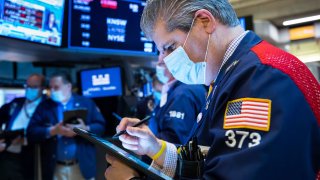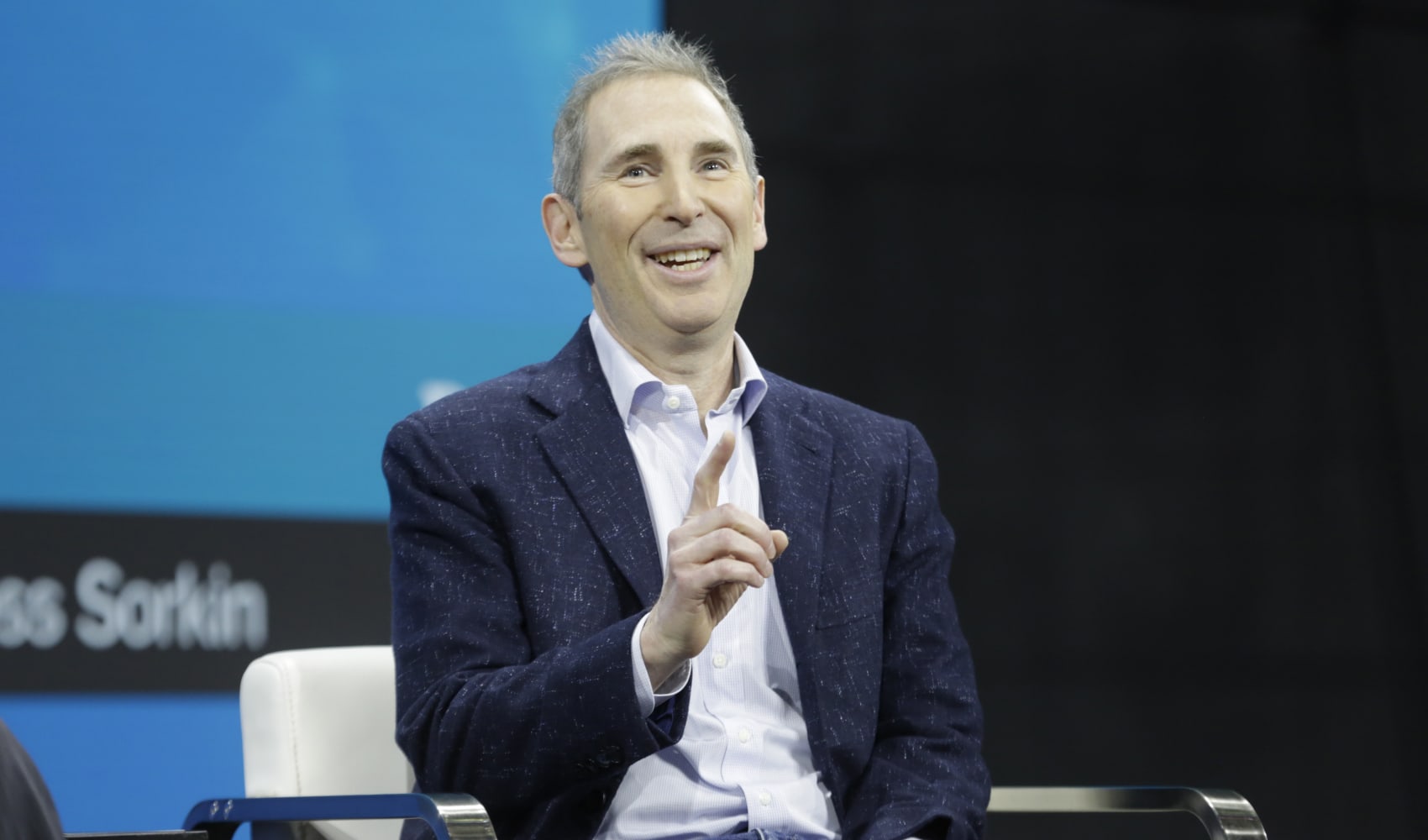
Traders on the floor of the NYSE, Jan. 21, 2022.
U.S. Treasury yields were slightly higher on Tuesday after wholesale inflation data came in lighter than expected.
The yield on the benchmark 10-year Treasury note moved 1 basis point higher to 2.149%. The yield on the 30-year Treasury bond added less than a basis point to reach 2.489%. Yields move inversely to prices and 1 basis point is equal to 0.01%.
Stream San Diego News for free, 24/7, wherever you are with NBC 7.
On Tuesday the Labor Department reported the biggest one-month jump on record for whole sale goods prices. The headline producer price index (PPI) rose 0.8% in February from the previous month. That was slightly lower than the 0.9% estimated by Dow Jones, but still showed a 10% gain from the same time last year.
However, core PPI, which excludes food, energy and trade services, rose just 0.2%. That was below the expectation of 0.6%.
Get top local San Diego stories delivered to you every morning with our News Headlines newsletter.
Investors continued to monitor developments in the Russia-Ukraine conflict and await an interest rate decision by the Federal Reserve.
On Monday the 10-year Treasury yield hit 2.16%, its highest point since May 2019, according to Refinitiv data.
The surge in Treasury yields came ahead of the Federal Reserve's latest policy decision, which is scheduled for Wednesday afternoon. The central bank is expected to raise its target federal funds rate by a quarter percentage point from zero, following the two-day meeting which kicks off on Tuesday.
Money Report
In addition to its interest rate decision, the Fed is also set to share its updated forecasts on inflation and the economy. Investors will be monitoring these updates closely, to understand what effects the central bank is seeing the Russia-Ukraine war have on the economy.
Jean Boivin, head of the BlackRock Investment Institute, told CNBC's "Squawk Box Europe" on Tuesday that central banks are now "really in a bind" amid rising inflation and energy prices.
Boivin, the former deputy governor of the Bank of Canada, believed that central banks need to normalize monetary policy and so agreed with the need to raise rates this week.
However, he said that this is "not about controlling inflation, this is purely about lifting the foot off the pedal before we really get to a stage where its going to be about restraining inflation, we are some distance from that."
Russian and Ukrainian officials continued talks on Tuesday. Meanwhile, the U.S. held "intense" 7-hour talks with China on Monday, to discuss a range of challenges to their bilateral relationship, including Russia's war in Ukraine.
China is facing its worst Covid-19 outbreak since the height of the pandemic in 2020, seeing major cities limit business activity.






